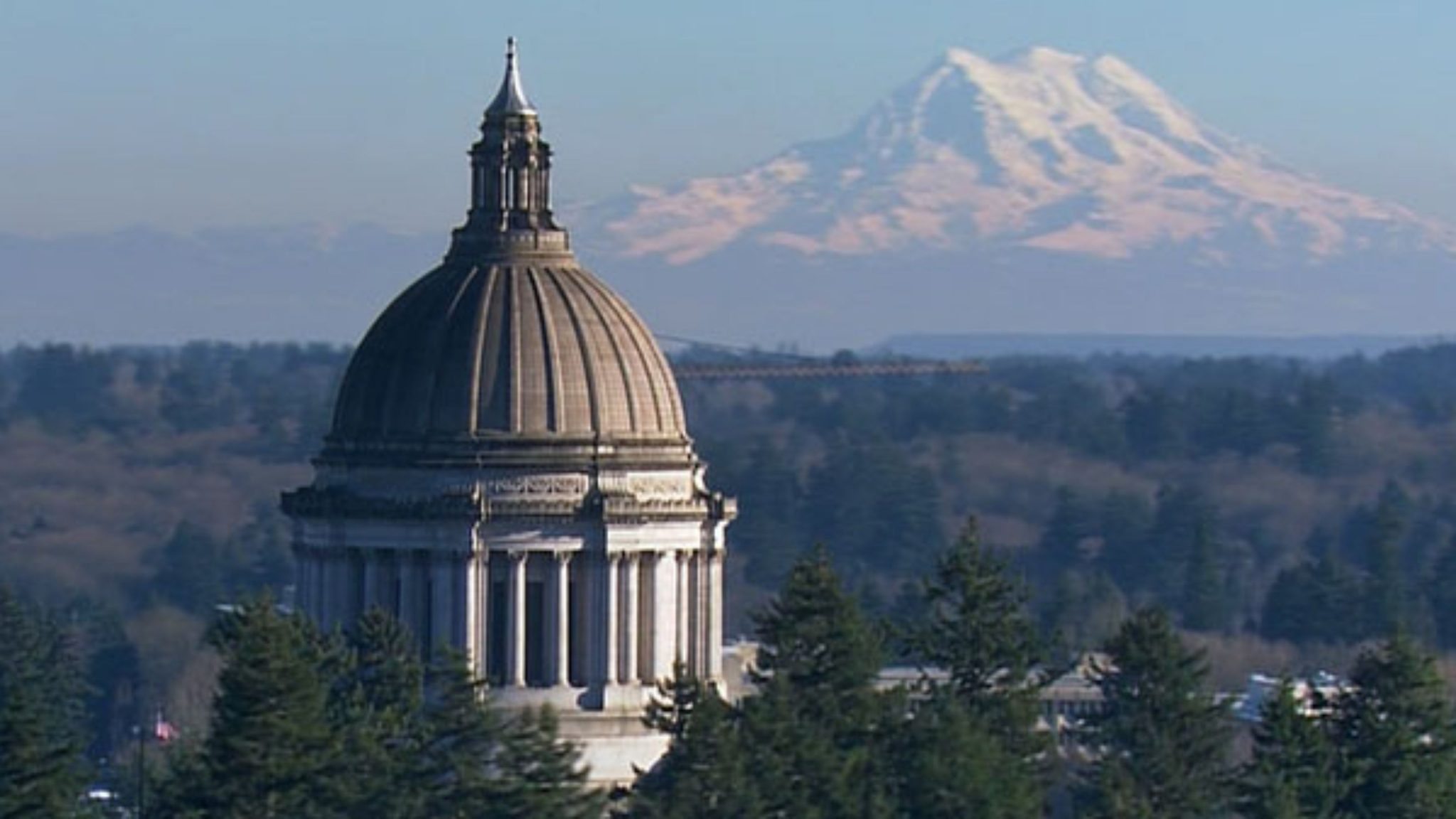This week, the state Legislature faces a special session adjournment deadline of Thursday, May 28. Unfortunately, as key agenda items remain incomplete, it isn’t likely state lawmakers will be able to meet the deadline. The Democrat-controlled House of Representatives has yet to pass a complete 2015-17 budget and has failed to even bring to the floor the comprehensive transportation package which the Senate passed two months ago. Failure to pass these items in a timely manner will result in harmful consequences to businesses and working families across Washington State.
The most important and obvious agenda item facing lawmakers is the 2015-17 budget, which is required by the state constitution to be in place by the start of the new fiscal year on July 1. If lawmakers fail to approve a budget by then, the state government may be forced into a shutdown. According to the Associated Press, a state government shutdown would be the first in Washington State history (though the Legislature came close in 1991, 2001 and 2013, when budget talks extended late into June).
Additionally, state agencies cannot finalize their own budgets, since they do not know how much money they will have to spend, until lawmakers pass a state budget. That reality has already placed school districts across the state in an awkward situation. With more money sure to be pumped toward lower class sizes and all-day kindergarten, school districts know they will have to hire more teachers and other staff. However, until a budget is actually passed, school districts – and the people they might hire – are left in limbo.
So, what is preventing lawmakers from coming to an agreement on the state budget? Well, to put it simply, top Democrat leaders have failed to approach budget negotiations in good faith. Jay Inslee signaled he is willing to shutdown the state government in order to get what he wants – and what he wants is higher taxes. Earlier this year Inslee promised to veto any budget that does not raise taxes, and his big-spending demands include fully funding state employee pay raises, which he negotiated with union executives (his top campaign donors) in secret at a cost of nearly $1 billion to taxpayers.
House Democrat leaders have been only too willing to comply with Inslee’s demands. Rather spinelessly, Democrats have also refused to vote on the $1.5 billion in new taxes which they proposed as part of their “budget”—or, in reality, their spending plan. The Democrats unwillingness to give up on their priority to fund the wish list of their top campaign donors—and their unwillingness to vote on their historic tax proposals necessary to fund their spending plan—has forced budget negotiations to proceed at a snail’s pace.
After all, how can you have a negotiation when only one side – the Senate – has actually passed a complete budget that balances?
State lawmakers must also pass a transportation package before June 30. Without a comprehensive transportation package, all work for building and repairing roads and bridges across Washington will stop on July 1. Additionally, as the Associated Press points out, the state ferry system will also experience a partial shutdown.
Lawmakers have been unsuccessful in negotiating a transportation package due to House Democrats’ refusal to compromise. About two months ago, the state Senate passed a bi-partisan transportation package. The bill passed with the support of seven Democrats and it includes key funding provisions and real reforms. Republicans who control the Senate proved they were willing to meet Democrats half-way by including a gas tax that is almost identical to the size of the tax passed by House Democrats two years ago—as the Seattle Times has pointed out, the size of the tax should be common ground for moving the transportation package forward. As it stands today, the bi-partisan transportation package would also allow Sound Transit to ask voters for an additional $11 billion in new taxes via a ballot measure next year.
The package also includes key reforms that Republicans fought hard to incorporate. These reforms are essential for protecting hard-earned taxpayer dollars and public support for increased transportation funding.
One such reform is an important consumer protection measure that would keep Jay Inslee from using an executive order to bypass the legislature and jam though a fuel mandate scheme—a scheme that, according to experts, could result in an increase of fuel prices by more than $1 per gallon. The safeguard would pull funding from the items Inslee and the Democrats like more than fixing our roads if he was to implement a fuel mandate by executive order. If a fuel standard were adopted, “all non-bondable revenues — such as fee-based money going toward transit and bike paths — would instead be moved into the main transportation account.”
The transportation package’s consumer protection measure is critical to preventing Inslee from bypassing the state Legislature and implementing his fuel mandate scheme by executive order. Simply put, it ensures taxpayers do not face another, far more costly gas price increase because of Inslee’s extreme desire to satisfy his extreme environmentalist buddies.
Democrats have refused to compromise and accept the consumer protection provision in return for something they prioritize (like giving Sound Transit more spending authority). By labeling the safeguard a “poison pill,” Democrats (including House leadership) indicated they are not interested in placing our state’s transportation needs ahead of their partisan interests (i.e. millions in campaign contributions granted by extreme green organizations).
The Legislature’s failure to pass a state budget and transportation package makes it clear Democrats have grown used getting their way without compromise or a check on their power. Unfortunately, even with the first special session deadline approaching and the likelihood of a second special session, it appears Democrat lawmakers are in no hurry to change their approach to negotiations.




